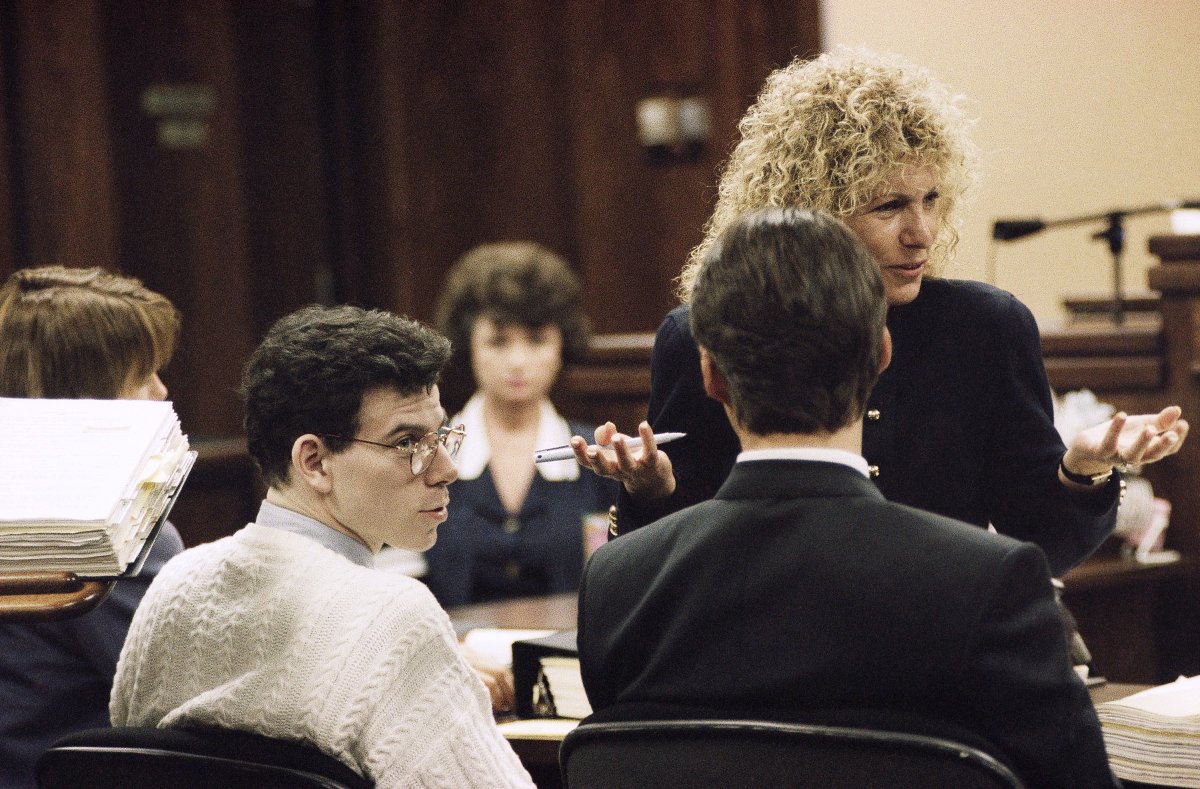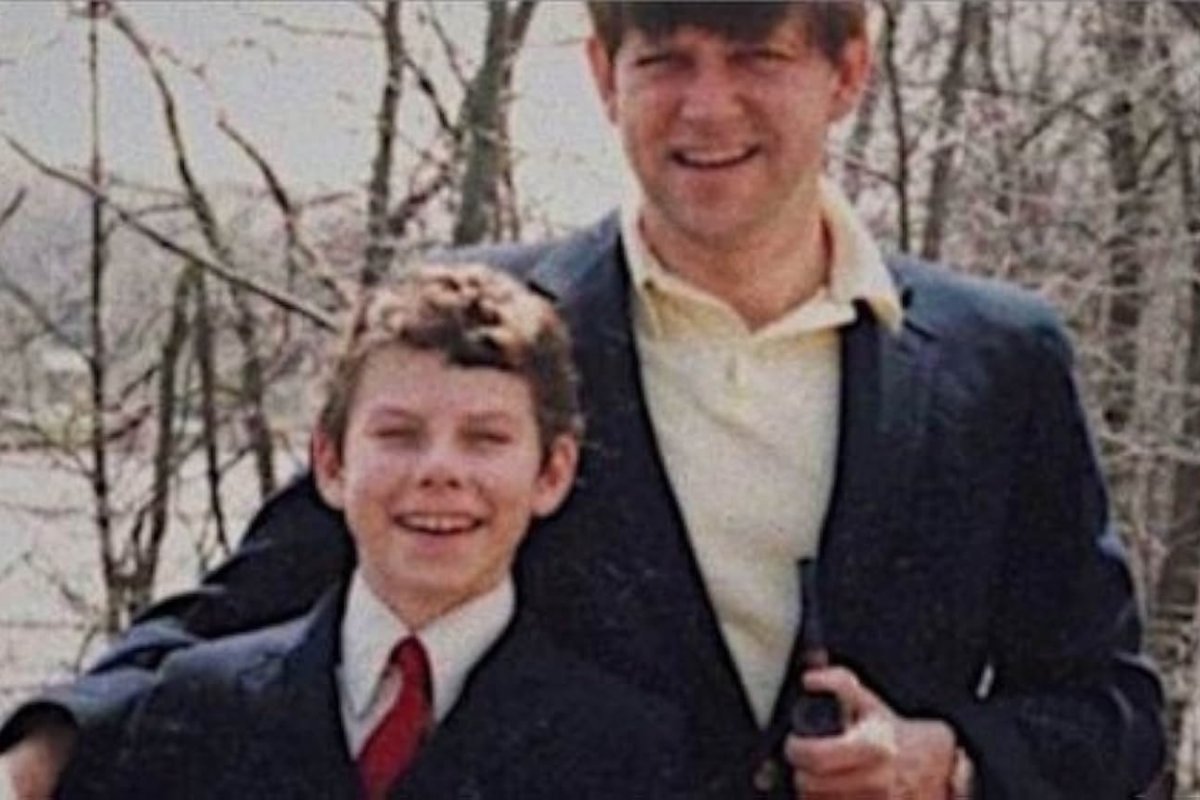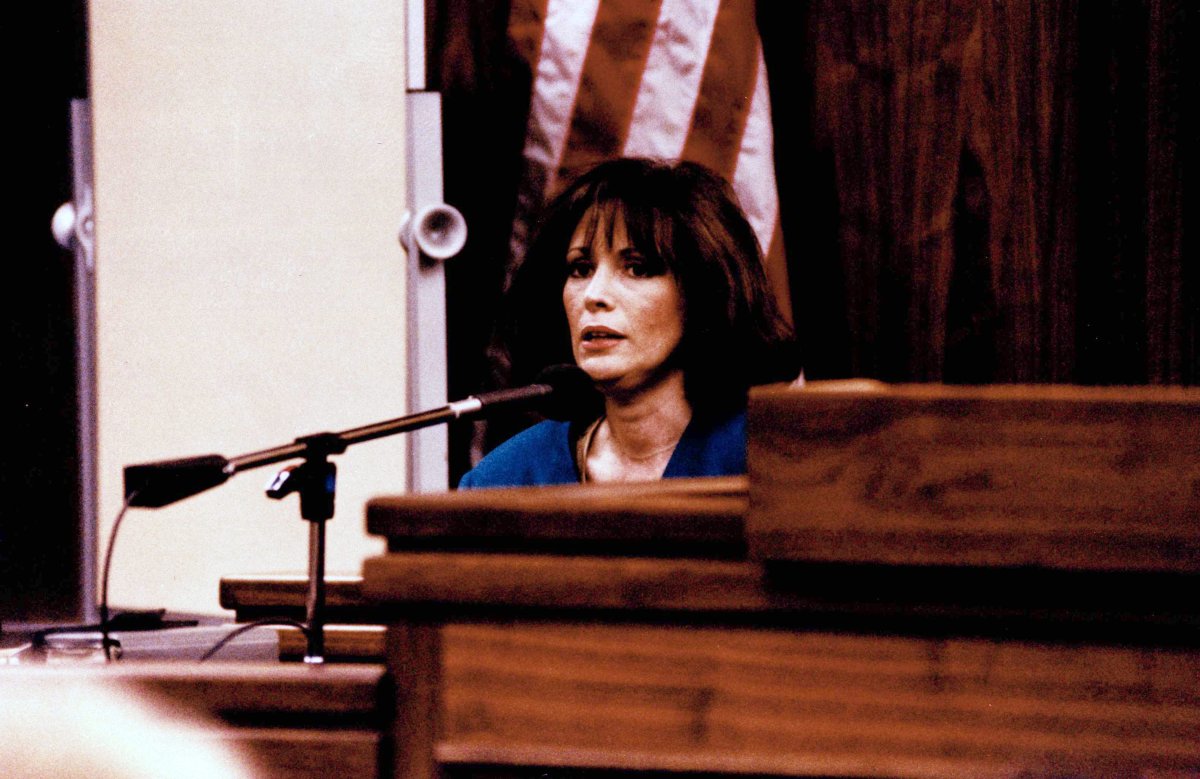The Menendez brothers, Lyle (21) and Erik (18), confessed to the shocking murders of their parents, claiming they were driven by fear of their father, Jose Menendez, who had allegedly abused Erik. In a devastating turn of events at their Beverly Hills home, the brothers shot Jose five times and fatally wounded their mother, Kitty, as she attempted to escape, totaling 14 shots fired during the incident.

Legal and Ethical Dilemmas
Psychiatrist Dr. Jerome Oziel, who was treating the brothers at the time of the admissions, should have consulted legal advice before discussing patient details that could breach confidentiality, according to legal expert Lew. In therapy, what is shared is usually protected under patient privilege, except when there’s an imminent threat of harm.
Lew noted that in cases where the crime has occurred, like with the Menendez brothers, the urgency for disclosure decreases, and patients are entitled to seek damages for breaches of confidentiality.

The Trials
Initially, the brothers claimed mob involvement due to their father’s high-profile connections before revealing deeper issues of familial abuse. Their first trial in 1993 ended in a deadlock, leading to a mistrial, but a second trial in 1995 saw both convicted of first-degree murder with no chance for parole.

Now, decades later, fresh evidence from a habeas corpus petition could reshape their sentencing, with the District Attorney reviewing this new information.
The Confession and Its Fallout
After their confession to Dr. Oziel, Lyle’s ambiguous farewell, wishing Oziel “Good luck,” was later seen as a potential threat. Oziel shared the confession details with his mistress, Judalon Smyth, who eventually went to the police, leading to the brothers’ arrests.

This breach of patient confidentiality created a legal mess, including accusations against Oziel for discussing the case inappropriately, which ultimately led to the California Supreme Court stepping in. The court ruled Oziel acted with justification under the circumstances.
The Personal Drama
Oziel’s relationship with Smyth began around the same time as his treatment of the Menendez brothers. Despite being married, Oziel shared sensitive information and allowed Smyth access to his sessions. Their tumultuous relationship grew complicated, culminating in instances of abuse and his eventual loss of his psychology license for not only sharing patient information but also for his conduct with female clients.

Overall, the Menendez case intertwines legal ethics and shocking family dynamics, reflecting the complexities of mental health treatment and the justice system.

